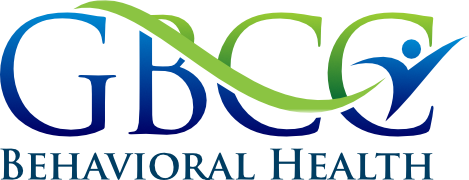Students across the country are heading back to school – some for the first time in over a year as COVID-19 restrictions suddenly changed so much in their lives. As with any big change to a routine, there’s always an adjustment period that can feel challenging for parents, caregivers, and students alike.

With social distancing, masking, and anxiety about getting sick, there’s a good chance that this year will hold even more challenges than usual. Placing a focus on your child’s mental health can make the transition smoother and help everyone feel a little better in the coming months.
Things to Consider in the Back to School Transition
There’s going to be some extra stress this year centered around COVID-19. Many teachers and parents are also experiencing anxiety, which can be passed on to the kids.
Children who have sensory processing disorders, cognitive delays, anxiety, or other mental health challenges may experience heightened stress when returning to school. Discussing this with their teachers and giving them a lot of grace as the school year ramps up is going to be very important.
Try to also minimize any major changes at home in the first couple of months that school is back in session. Maintain as many routines as you can from the summer months to prevent feeling overwhelmed.
Ways You Can Help Children Adjust to a Back to School Routine
Supporting your child’s mental health is crucial for a successful back-to-school season. There are a few ways you can give them what they need to thrive!
- Don’t forget about your own mental health. A parent or caregiver who is healthy, relaxed, and has good coping techniques is going to be able to better steer their child through stressful times. Practice good self-care by getting enough sleep, moving your body daily, and eating well.
- Encourage your child to engage in activities that they enjoy in the evenings! School can feel like it takes over everything, especially for middle and high schoolers. Just like adults, kids and teens need to be able to blow off steam by participating in their favorite hobbies.
- Stay in contact with their teachers as much as possible to get an idea of what their days are like. Understanding what your child does and does not receive during the day can give you a better idea of how to support them when they walk through the door after a busy day. Additionally, you can get some insight into their social lives.
- Listen carefully to what your child says and observe their body language at the end of the day. You know your kid better than anyone. If you feel something is off, it probably is. Keep an ear out for any instances of bullying or feeling left out. Talk to your child about acceptable behaviors as well as how to handle feeling isolated.
- Get the whole family involved in some mindfulness activity daily. A quick google search will offer many age appropriate exercises, or grab a book on mindfulness for kids from your local library. Youtube has some great guided exercises complete with age appropriate video demonstrations. Role model for your children and enjoy the added benefit to your own mental health and well being.
- Address any worries about COVID-19 and other global issues with gentle honesty. Keep it age-appropriate while being as honest as possible about what’s actually happening. It will help build trust with your child while bolstering their confidence.
You’ll also want to make sure you hit all of the normal staples – a healthy breakfast, plenty of sleep, moving your body, and a routine that works for everyone!
Reaching Out for Help
While a little bit of stress is to be expected, if you’re feeling overwhelmed or out of your depth, don’t be afraid to reach out for help. Schools have great resources available. We recommend downloading this guide from Mental Health America on helping your children adjust to a back-to-school routine, as well.
Have more questions? At GBCC, we have a staff of therapists that have experience working with children aged two and up. Reach out to us today for more information!
